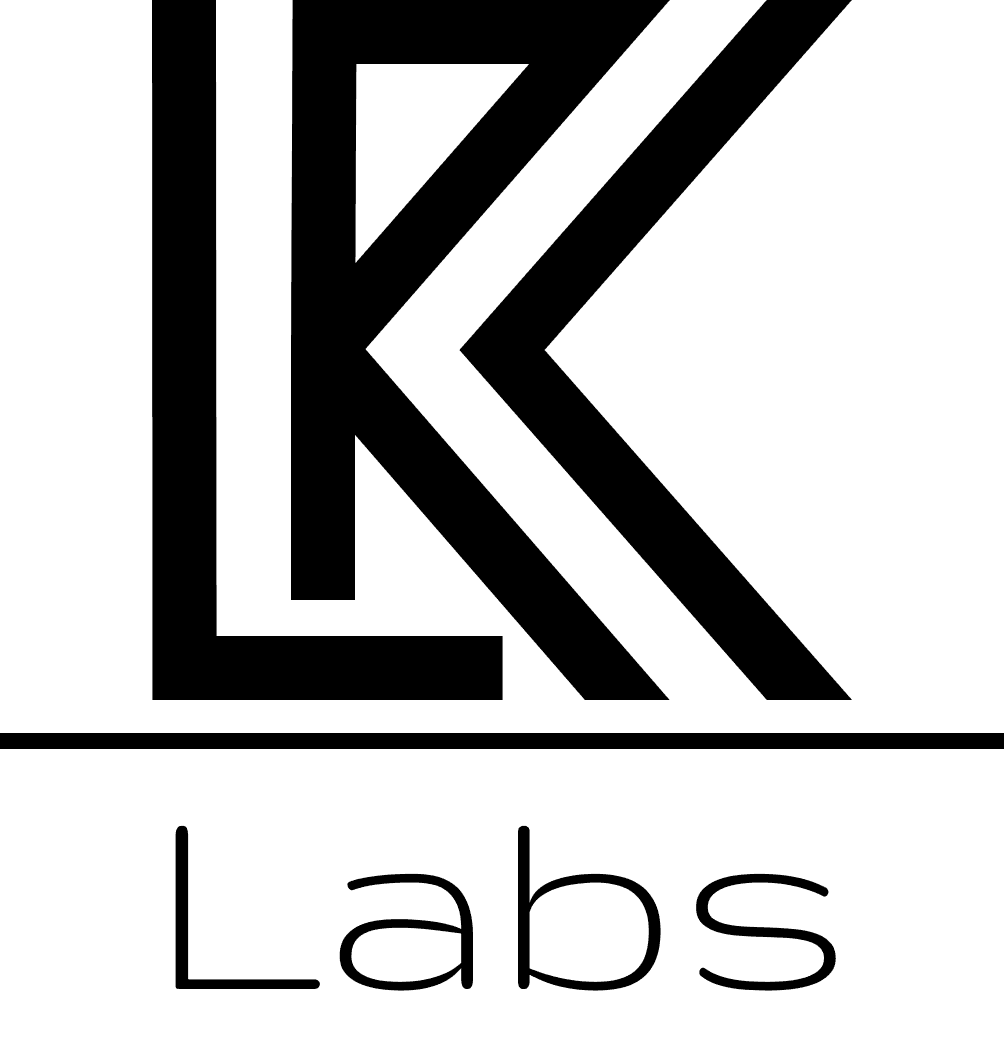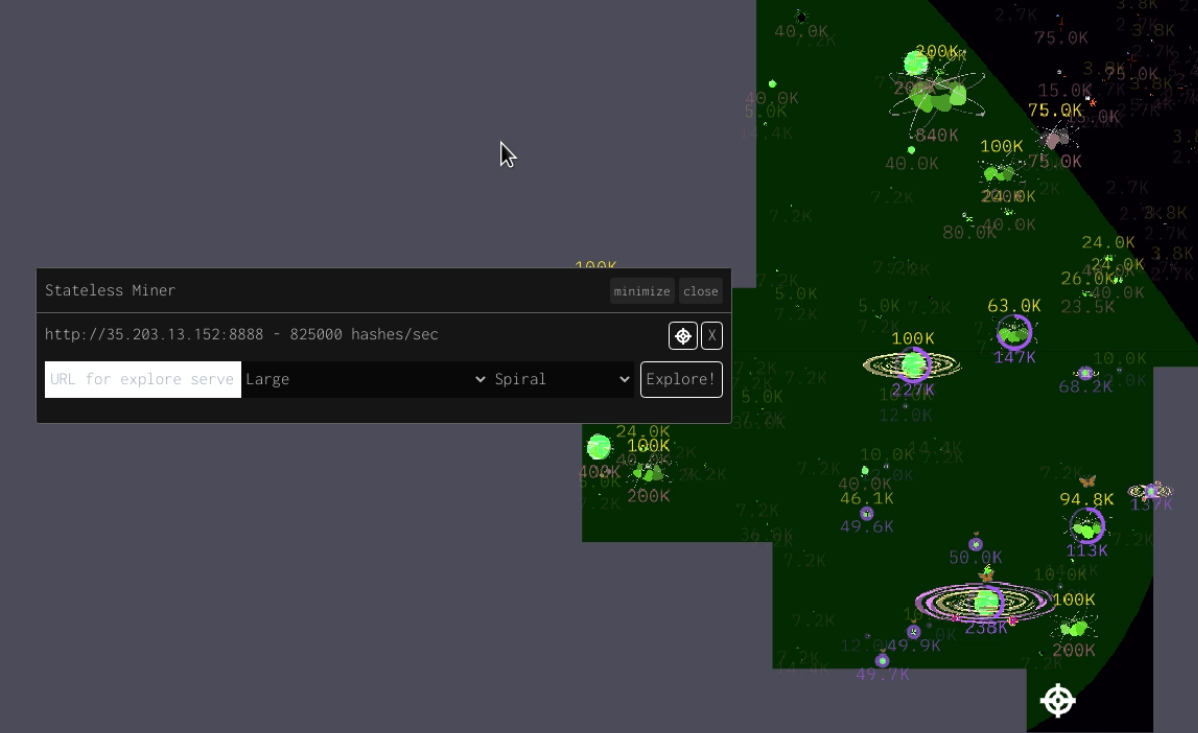Articles
20 August 2021
The exploration era begins
Dark Forest is a decentralized MMO game where player expands their galactic empire by conquering planets in the universe. The game uses cryptography (in this case, zkSNARKS) to keep information about the universe secret. When a new player starts playing the game, they are greeted with an empty map and their home planet. The first thing a player has to do is to explore the universe to find suitable planets to be conquered.
With this article, we unveil a new explorer that enables players to explore the universe at light speed. From our testing, it's possible to explore between 700 000 and 800 000 locations per second for less than 10$ per hour.
The explorer is open source and we provide binary packages for Ubuntu. You need to install the accompanying plugin after installing the explorer on your system. The explorer includes a preview of the GPU-powered explorer. This version of the explorer requires Nvidia Cuda to be installed. The GPU explorer does not have all the performance optimization that the CPU explorer has. The GPU miner is targeted at users that have a high-end GPU in their system and want to take advantage of it while playing Dark Forest. If you have any problem installing the explorer, please drop us a line on Twitter or Discord.
Continue reading...
Francesco Ceccon
Founder
28 April 2021
An overview of DeFi tokens initial distribution
Token economy is one of the hot topics for decentralized projects. In this article, we look at how some of the top projects decided to allocate the initial tokens. Whether you're looking to start your own project, or are looking to invest in a new one, this article will show you everything you need to know 😉.
Team and investors share
From our analysis we can see most projects reward between 10% and 50% of the total token supply to the team and investors. The numbers vary between projects and not all projects report how tokens are distributed between team, shareholders, and investors. All projects in this report allocate the majority of tokens to the network and community.
Vesting period
Projects can decide to assign a vesting period before founders and investors can dispose of their tokens, this is done to ensure that the team has an interest in the health of the project in the medium and long term. Unlike traditional vesting, many Ethereum projects adopt a continuous vesting model, where tokens are awarded at a constant rate at every block.
A common vesting duration is 4 years, which is used by 4 of the 11 projects in this article. Other projects use a shorter vesting schedule (1 to 2 years).
Fair launch model
Fair launches are a different way to distribute the token, where community participation is rewarded. Under this model, the token is not pre-mined and distributed to the teams and shareholders, instead tokens are awarded to user that are active member of the community or provide services like liquidity.
Continue reading...
Francesco Ceccon
Founder

